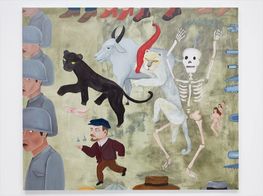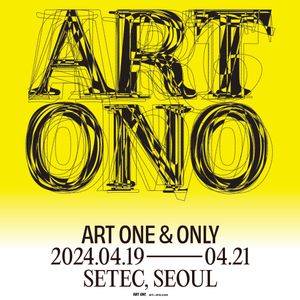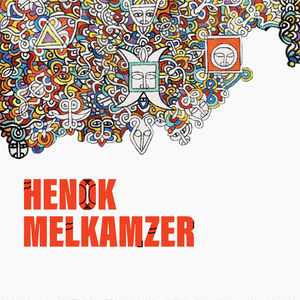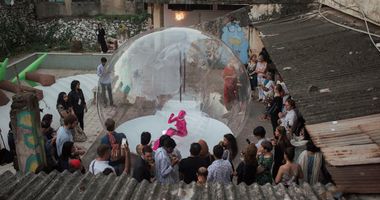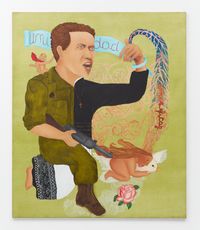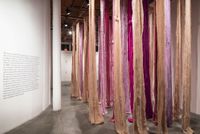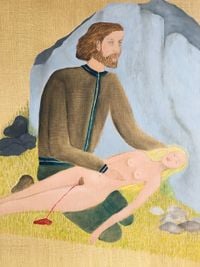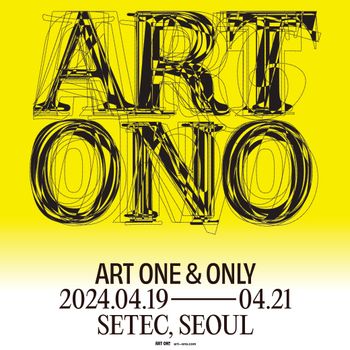Colomboscope Festival 2022 Unpacks the Cecilia Vicuña Line ‘Language is Migrant’
Artistic director Natasha Ginwala discusses the ways language is weaponised against marginalised groups, including new arrivals.
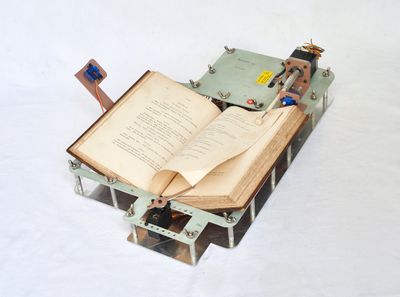
Shailesh BR, Page Turner (Ulta Pulta) (2019–2021). Books, Arduino, stepper and servo machine, 12V power supply. Courtesy of the artist and Vadhera Art Gallery.
The seventh edition of the Colomboscope arts festival took place in Colombo from 20 to 30 January. The event, which brought together over 50 artists from Sri Lanka and abroad, was curated by Anushka Rajendran with artistic director Natasha Ginwala.
This year's theme was 'Language is migrant', a line by Chilean artist and poet Cecilia Vicuña that featured at documenta 14, which Ginwala helped curate. Riffing virtuosically, Vicuña pulls from etymology and malapropisms to argue for greater acceptance of migrants while warning against the dangers of language shackled by authoritarian governments and twisted by alternative truthers.
'In her long-term series, Palabrarmas that includes print, textile and performance based works, with new iterations for Colomboscope, Vicuña merges the Spanish terms for "word" and "weapon",' Ginwala told Ocula Magazine. 'In times of weaponisation of language, it is still up to artists of all genres including writers, musicians, and poets—to whom we turn to bridge the gaps and wounds—to foster ways of living with mutual respect and justice as an unfinished and collectively authored quest,' she said.
Among the works that most deeply connect with the festival's theme is Shailesh BR's ongoing series of works, Page Turner (Ulta Pulta), which began as a critique of the ways the scriptures and the Vedas have been used to reinforce the caste system and marginalise vulnerable communities.
'The work has expanded since then to a critique of rote learning and mechanised means of consuming knowledge, unlike methods of oral passages of wisdom that are malleable to time and perspective,' Ginwala said. 'Especially in a moment across the world when meaning-making that could be the result of critical, engaged reading, has become fixed by authoritarian agents and spread as misinformation in the interest of power, this artist's approach is especially crucial to this edition of Colomboscope.'
Other works Ginwala drew attention to included Rajni Perera's installation Hattimutti (2022), which transforms familiar clay forms into 'cosmic vehicles aware of the diasporic body, imminent futures and Sci-fi worlding', and the photo installation One Last Night (2021), in which Germany-based Sri Lankan artist Liz Fernando considers her family's refugee stories in light of Hannah Arendt's 1943 text We Refugees. —[O]


